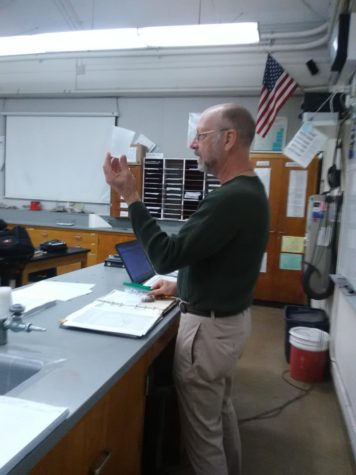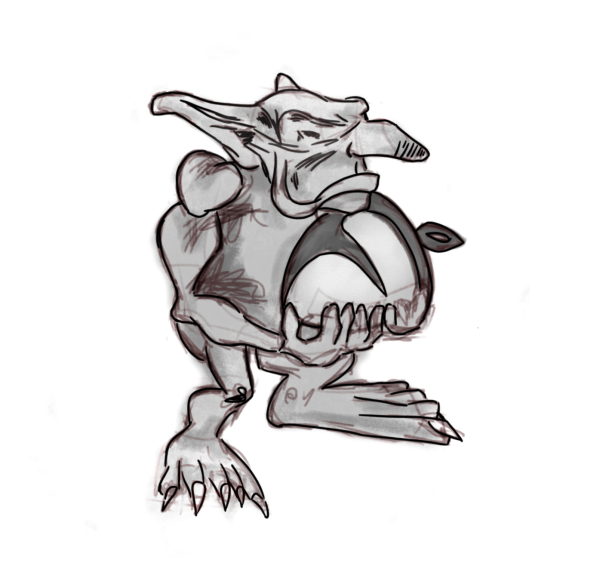Zoos Are Beneficial
Most people think of a zoo as a facility with indoor and outdoor settings where living, typically wild animals are kept for public exhibition. Some may say, like the definition implies, that a zoo’s only purpose is simply for humans to be entertained. On the contrary, zoos benefit animals more than people realize. There is a lot more done by zoos to preserve nature and its many diverse species, such as creating survival plans for endangered animals, researching how to better preserve the species, and determining how their conservation can benefit the economy/humans.
Zoos are beneficial to animals and, more importantly, endangered species. For example, many zoos are part of an association called American Zoos and Aquariums (AZA), which contains a program called the Species Survival Plan (SSP). The SSP program was developed in 1981 to ensure the survival of a number of selected species in zoos and aquariums, most of which were threatened or endangered in the wild. In the past, a multitudinous amount of animals have been saved through this program. Take, for example, the Black-footed Ferret which in 1987 had a population of 18 when the AZA took them in. Now, there are thousands that have been reintroduced into the wild since 1991. Additionally, in 1982, only 22 California condors were alive in the wild. By 2014, there were 219 living in the wild and an additional 206 alive in captivity. There are also many more species currently being helped such as the Ohio River Basin Freshwater Mussels. 43% of this endangered species of North American mussels are found in the Ohio River, so the AZA has created a freshwater mussel research center. The Golden Lion Tamarin was severely endangered in 2003. Multiple zoos contributed in the repopulation and reintegration of the species while also protecting 3,100 hectares of forests that some of the lions were released into.
Additionally, having animals in a safe and controlled environment is advantageo-us for animals in many ways. If the species cannot survive in its natural environment, it will have shelter and food provided for it in a zoo. Another favorable aspect of zoos for both animals and scientists is research. When animals are kept in a controlled environment, it is easy to study and find what could best help the animals. In other words, people can learn how to either reintegrate them or sustain them in an enclosed environment. Some may say that research and the overall study of animals is not inherently good for them. It is in fact the opposite; the more humans can understand a species, the better likelihood of survival they have.
With the enclosed environment that zoos provide, scientists and conservationists can learn about the species’ behaviors such as the species mating strategies or how they forage and hunt for food. Researchers can also determine if they are social animals or not. All of those traits may seem redundant, but they are vital for not only securing a species’ future, but to better equip mankind to deal with similar animals or species. Furthermore, if the species were to die out in the wild, then we could either repopulate them in captivity or copy their genome to also repopulate the species using genetic replication.
Zoos, in the sense of the classic tourist trap, are also great for the economy. A report on June 1, 2011 showed that across the nation, zoos had raised $16.0 billion in economic activity. Some would claim that it is wrong to make a profit off of animals in captivity. However, zoos require the income to maintain SSPs, the habitats where the animals reside, the staffs wages, and much more.
All in all, zoos are not only useful for animals, but also humans. For animals it could be the species’ second chance because zoos can bring animals back from the precipice of extinction and into a thriving society. In the safe and enclosed environment that zoos provide, we can study the animals’ behavior and physiology, thus finding better ways to help the species and, potentially, the global ecosystem as a whole. The economy is also affected positively by zoos, benefiting us in the long run. While some, even after reading this, can still be skeptical and mistrustful of zoos, the evidence in the case of zoos is too strong to be overlooked. Zoos are one of the only things standing between certain species and their extinction.
Hello there! Our goal is to provide relavent, engaging journalism for readers of all ages. Your donation will support the student journalists of the Wolfpacket at Claremont High School, and will allow us to purchase equipment, print our monthly issues, and enter in journalism competitions. We appreciate your consideration!

Joseph Salvinski is now in his fourth year of serving on the Wolfpackets staff, and throughout those years has been a: reporter, Assistant News Editor,...







